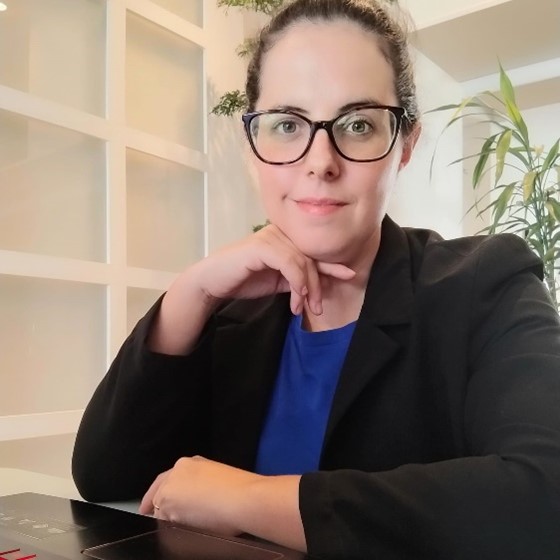
Going Above and Beyond: Crafting Tailored Localization Solutions
29 de novembro de 2023
A linguagem inclusiva não pode morrer
26 de julho de 2024
Going Above and Beyond: Crafting Tailored Localization Solutions
29 de novembro de 2023
A linguagem inclusiva não pode morrer
26 de julho de 2024BLISS Talk
Security and Quality Standards for the Self-Employed Translator

Elisa Câmara (Translator and Linguist)
Let’s take ISO 17100, for instance. It’s an international standard that sets forth requirements in competence, communication, management, pre- and post-production processes, record-keeping, quality assurance, confidentiality, and security for translation service providers to deliver high-quality translation services. Now, to become ISO 17100 certified, the LSP must undergo an audit by a certification body, so it really has nothing to do with self-employed translators. But if we come to think of the requirements for becoming certified, every translator could – and should – sprinkle some of these into their solo work environment.
And it’s not just about translators embracing relevant security and quality standards – it would be wise to clearly state these practices in their CVs because it shows commitment and professional behavior. But if some of them might be just common sense, what’s special about that?
Security and confidentiality
Well, to begin with, LSPs and their clients take their non-disclosure agreements very seriously, and they expect nothing less of their external vendors. Confidentiality is of utmost importance in the translation industry, and we’re no strangers to signing non-disclosure agreements before diving into projects. But other than signing contracts, translators can always adopt some straightforward practices that may help guarantee compliance with non-disclosure agreements’ clauses:
- Arm yourself with antivirus software – a paid version is a solid investment.
- Activate 2FA whenever available to your computer, email account, cloud storage etc.
- Adopt a retention policy – delete files regularly.
- Lock up screens when away.
- Double check email recipients and attachments to avoid unintended disclosure of information.
- Do not share the content you’re translating with colleagues (even if you’re asking questions/suggestions) or in online tools that might collect and keep that sensitive information.
There are plenty more security practices to adopt, and each step you take towards guaranteeing your client’s information safety will get you more points with them.
Quality assurance
But security is not the only thing that matters to clients; quality is equally important. And how can you implement quality assurance practices when working solo? Surprisingly, it’s simpler than you might think. While translation agencies have their linguists’ squads to proofread and double-check the work performed by their peers, working alone doesn’t stop you from setting up quality control practices – and even document them (why not?).
To ensure the delivery of a high-quality translation, here are some best practices adopted by agencies which can be adapted to your solo work environment:
- Proofread your own translation after a breather whenever possible – wait a day or a few hours, then give it a read aloud; odds are, you'll make at least one tweak.
- Run spell check (preferably, on Microsoft Word) and QA tool; CAT tools often have their QA features, but you can easily export a file to an Xbench-compatible format and run a simple report, run your translation against a termbase or even against a specific checklist for the project.
- Keep a record of feedback from each client in a separate spreadsheet. Create a feedback checklist and run it against the client’s project using Xbench. This prevents you from repeating the same mistakes.
- Organize your materials in a visually pleasant folder structure for each project, which ensures you check every reference – especially because some projects come with a bunch.
These are just some examples of straightforward best practices that any freelance translator can incorporate into their home office. The LSPs will rest easy knowing their projects are being carefully executed, almost as if they were being handled in-house. As for translators, they’ll benefit from well-structured pre- and post-translation processes, ultimately saving them valuable time.

Elisa Câmara is a linguist and translator (English-Brazilian Portuguese) based in Brazil, with 15 years of experience. She holds a Bachelor’s Degree in Linguistics and a Master’s Degree in Applied Linguistics by Unicamp, and provides translation services for both national and international LSPs, drawing from her previous experience as an in-house translator in companies both in Brazil and in the UK. Beyond her professional pursuits, Elisa's personal interests align seamlessly with her work – she holds a deep passion for new technologies, languages, cultures, and creative design.
